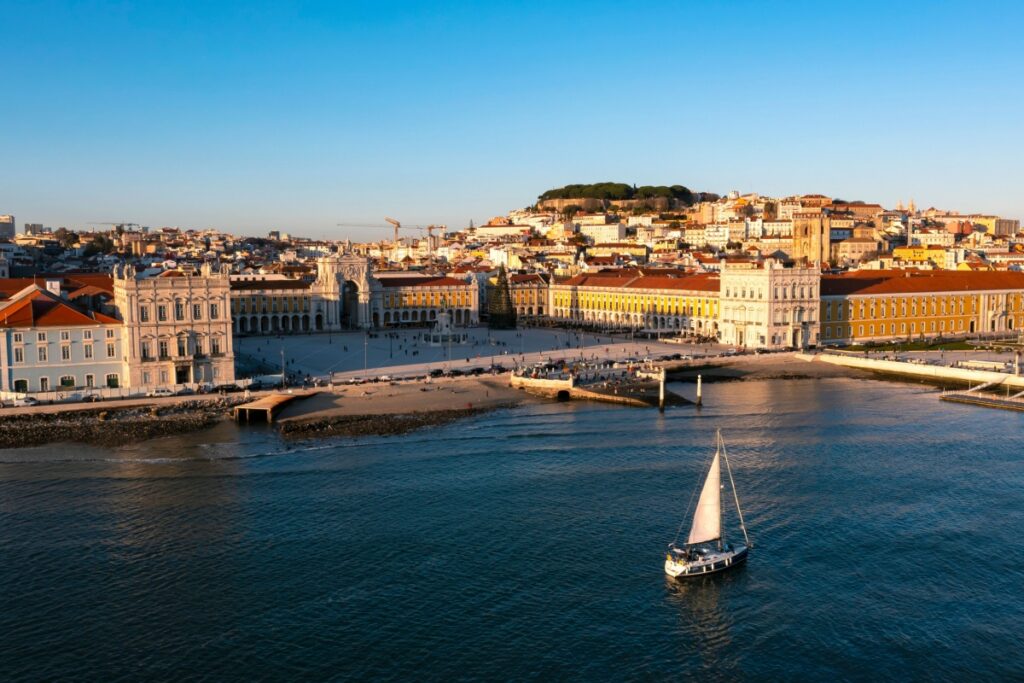Study Ranks Destinations by “Feel-Good” Metrics
A new report from BookRetreats, a wellness-travel company, has designated Lisbon, Portugal as the happiest city for travelers worldwide. The ranking evaluated destinations based on a series of “feel-good factors,” including annual sunshine, walkability, public green space per capita, and local perceptions of light and noise pollution.
Lisbon stood out in several areas. The city enjoys more than 2,800 hours of sunshine per year, and its urban fabric is compact and pedestrian-friendly, making strolls both pleasant and practical. The abundance of healthy restaurants throughout the city and a favorable balance of noise and ambient light conditions further contributed to Lisbon’s top position in the study.
The methodology also emphasized that walkability boosts emotional experience, as the city’s viewpoints reward slower exploration. Lisbon’s inclusion of numerous panoramic terraces and scenic alleys was cited as an asset that reinforces mental well-being.
Top Cities and Their Highlights
While Lisbon claimed first place, other destinations performed notably well. Helsinki, Finland, ranked second, largely due to its excellent ratings for low noise and light pollution. Finland has also been ranked the happiest country globally for multiple years in part owing to its strong social policies and culture of civic engagement.
In third place, the report recognized Orlando, Florida, known for its theme parks, but also lauded for its extensive green spaces—more than 2,000 square feet of greenery per person, the highest among the ranked cities. Orlando’s network of parks, gardens, and trails offers visitors a blend of recreation and natural beauty.
Completing the top five were Athens, Greece, and Edinburgh, Scotland. Both were praised for their walkability, cultural richness, and the integration of historical character with modern amenities.
Evolving Priorities in Travel
In the backdrop of these rankings, Sean Kelly, co-founder of BookRetreats, asserted that the psychology of travel is shifting. Travelers now prioritize emotional outcomes such as balance, rejuvenation, and mental health over sheer novelty or sightseeing volume.
Kelly noted that the question is no longer merely “Where should I go?” but increasingly “How do I want to feel when I arrive?” As more people emphasize well-being and holistic experiences in their travel choices, demand is growing for destinations that deliver on those promises.
Lisbon’s frequent inclusion in travel publications and rankings continues to bolster its global image. For example, Readers of Travel+Leisure have repeatedly listed it among their favorite European cities.
Implications for Travelers and Cities
Cities aiming to attract mindful travelers may benefit from investing in walkable infrastructures, green spaces, and restorative urban design. Lisbon’s success underscores how combining sunlight, healthy dining, and accessible urban landscapes can enhance traveler satisfaction.
These findings may also prompt destination managers to reconsider priorities—beyond classic tourist attractions—to more intangible but impactful elements, such as ambient comfort, ecological presence, and holistic urban quality.


